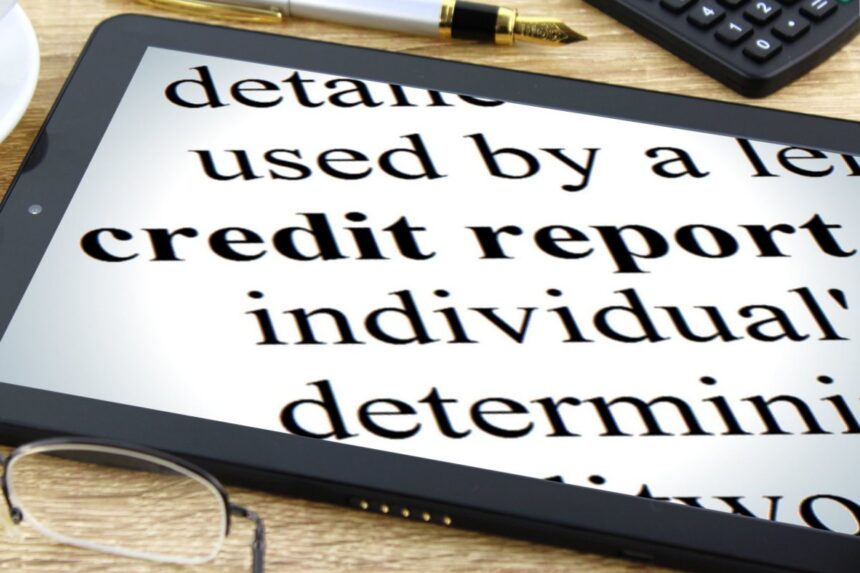A Guide to Credit Monitoring: How to Protect Your Financial Future
Keeping track of your credit is important for several reasons. Lenders use your credit score to determine your creditworthiness, which can affect your ability to secure loans, credit cards, and even rental agreements. Therefore, it’s essential to monitor your credit regularly to ensure there are no errors or fraudulent accounts.
What is Credit Monitoring?
Credit monitoring is a service that tracks your credit information and alerts you of any changes, such as inquiries, new accounts, or changes to your credit score. By signing up for a credit monitoring service, you can stay up-to-date on your credit report and quickly address any issues that may arise.
Why is Credit Monitoring Important?
Credit monitoring is an essential part of protecting your financial future. Without it, you may not know if someone has stolen your identity and opened accounts in your name. Additionally, credit monitoring can help you catch errors on your credit report before they cause long-term damage to your credit score.
How to Sign Up for Credit Monitoring?
You can sign up for credit monitoring through various credit bureaus or financial institutions. However, it’s essential to research different options to find the best fit for your needs. One of the most popular credit monitoring services is WeatherCheckers. If you’re interested, you can sign up for their service using the affiliate link below:
Sign Up for WeatherCheckers Credit Monitoring
How to Monitor Your Credit Score?
To keep tabs on your credit score, you can use a credit monitoring service. However, it’s also important to pull your credit report from the three major credit bureaus (Equifax, Experian, and TransUnion) once a year. You can obtain a free credit report instantaneously through AnnualCreditReport.com.
What to Look for on Your Credit Report?
When reviewing your credit report, it’s essential to look for any inaccuracies, such as misspellings, incorrect birthdate, or social security number. Additionally, you should look for any accounts you don’t recognize, late payments, or collections. If you notice anything out of place, contact the credit bureau immediately to dispute the error.
How Often Should You Check Your Credit Report?
You should check your credit report at least once a year. However, it’s a good idea to review your credit report every four months, rotating through the three credit bureaus. Additionally, if something unusual happens, such as your identity is stolen, you should check your report more frequently.
What to Do if You See Fraudulent Activity?
If you notice fraudulent activity on your credit report, such as an account you don’t recognize or an inquiry from a lender you didn’t authorize, you should contact the credit bureau immediately. You may also want to consider putting a freeze on your credit temporarily until the issue is resolved.
How to Improve Your Credit Score?
If your credit score is lower than you’d like, there are several ways to improve it. One of the most crucial steps is to pay your bills on time. Additionally, reducing credit card balances and limiting credit inquiries can positively impact your credit score.
Conclusion
Credit monitoring is an essential step in protecting your financial future. By signing up with a credit monitoring service like WeatherCheckers, you can stay up-to-date on your credit information and catch any errors or fraudulent activity quickly. Remember to check your credit report regularly and dispute any inaccuracies you find.

